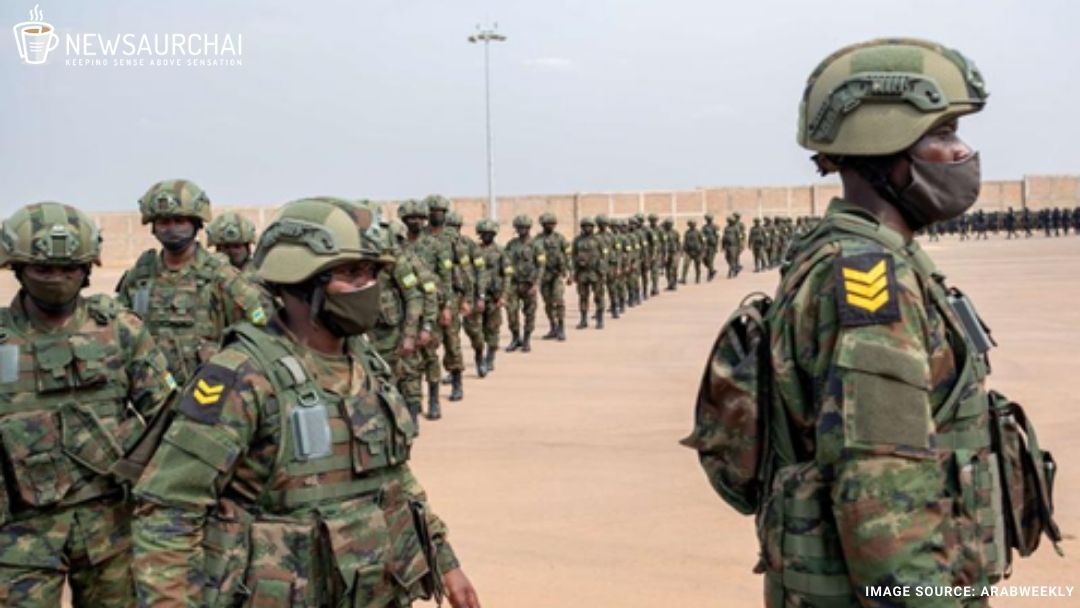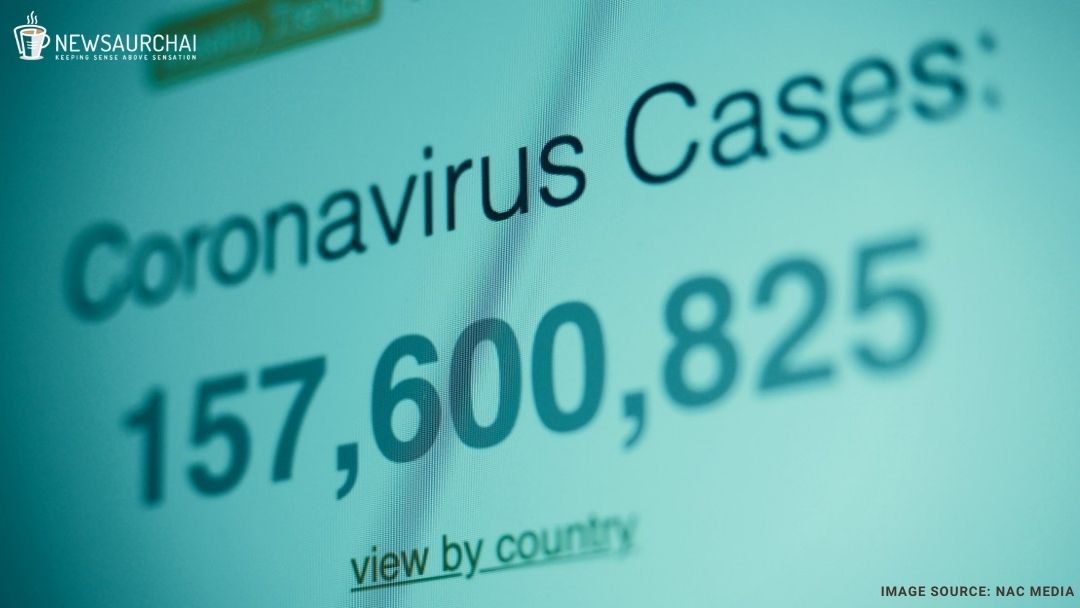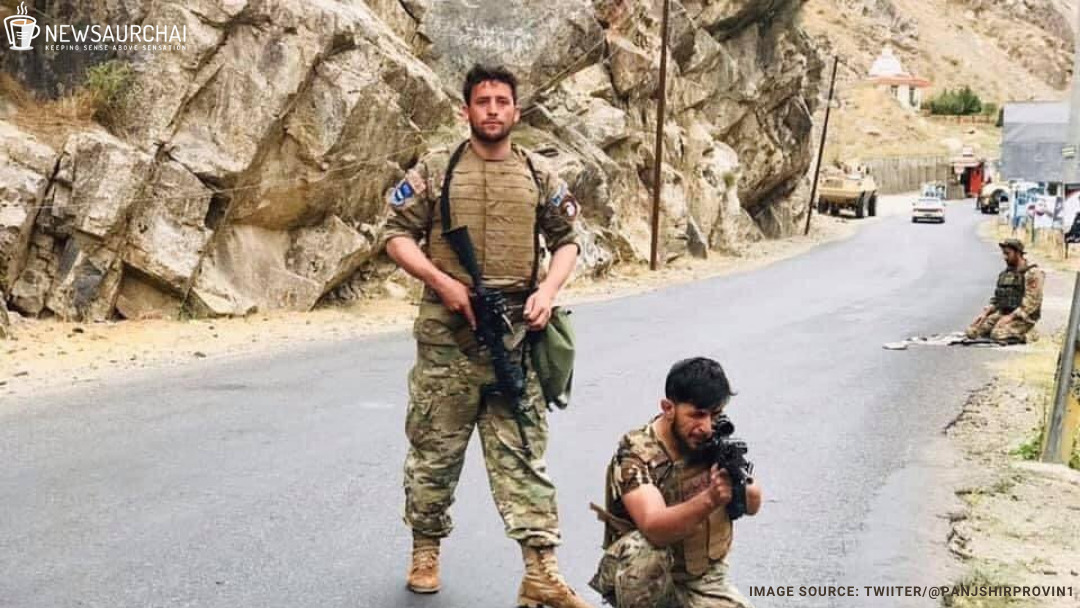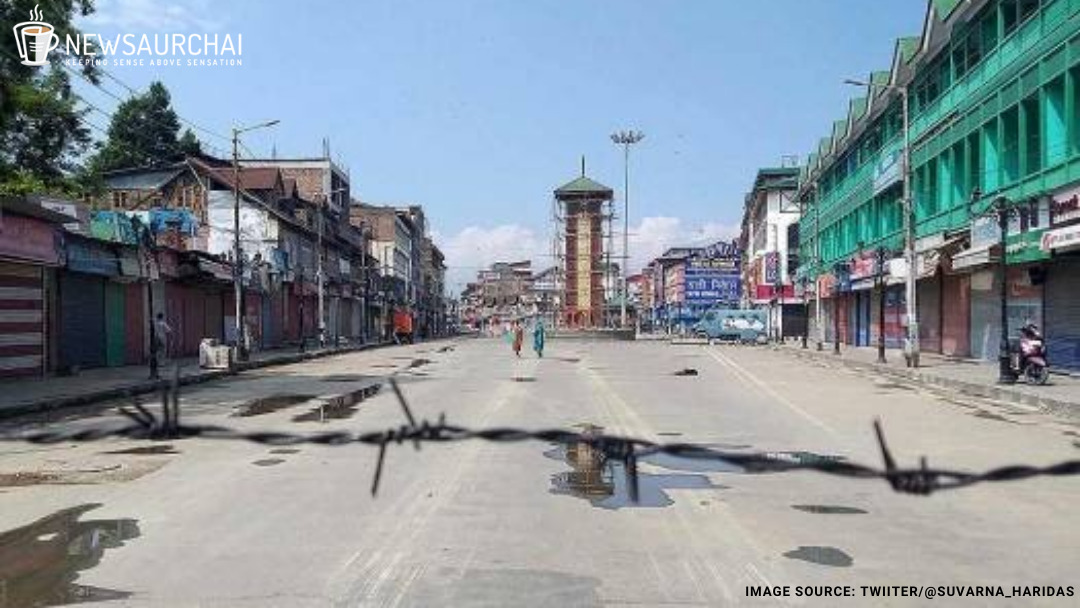
Around 1500 troops have been ordered to be deployed by the SADC (South African Development Community) in response to the recent escalation of the ongoing violence in the Cabo Delgado province, north of Mozambique. Months of deliberation and argument among the bloc about how to stop the violence have ended with this decision. The standby force is part of a regional defence accord that provides military involvement to prevent violence from spreading.
Since 2017, Cabo Delgado, a gas-rich region, has been ravaged by a militant insurgency, leaving more than 31,000 people dead and more than 8,00,000 displaced. The terrorist group, having links with the Islamic State, which goes by the name of al-Shabab in the province, are responsible for destroying the infrastructure, forced sex slavery, plundering the towns alongside massacring many civilians.
But in the past year, the violence surged, culminating in a coordinated raid on March 24, creating a major humanitarian crisis, in the port town of Palma. Thousands of soldiers have been dispatched to Cabo Delgado in the past by the Mozambique government to combat the insurgents. Still, observers have long warned that Mozambique’s army has a history of being incapacitated to deal with the crisis.
Major lucrative natural gas development projects have been interrupted by recurrent unrest, which has sparked fears that it would extend to neighbouring countries, which has in turn pressurized Filipe Nyusi, the Mozambican President, to accept outside assistance.
Nyusi, who has traditionally been viewed as a staunch opponent of foreign involvement, praised African countries’ military mobilization in a televised address on Sunday. “Foreign forces will help Mozambican forces restore peace and stability, we should be afraid of being alone in fighting terrorism”, he said during the address.
Therefore a multinational ‘Standby Force’ was proposed to deal with the insurgents. Many troops from countries like Rwanda, Botswana, and South Africa have already been deployed. Many other countries like Angola have sanctioned a despatch by August to join forces with other allies to prevent the militancy advancement.
“What we know from this proposal that was suggested is whatever troops go in, they will help Mozambique [by] perhaps patrolling the Indian Ocean coastline and the border areas with Tanzania – where some of these insurgents are thought to be coming from,” said one of the experts at Aljazeera, Haru Mutasa.
According to the parliamentary statement, the procedure is projected to cost more than 984 million rands (about $66 million).
According to Mutasa, theoretically, every nation in the SADC bloc should contribute to the standby force, but several countries are struggling economically due to the COVID-19 pandemic.
Foreign aid has poured in from the West as well. A military mission was established formally, by the European Union, on July 12 to assist in the training of the country’s armed forces in the fight against the militants. Training of Mozambican troops by Portuguese military instructors, expectedly, make up half of the new EU mission.
However, Dino Mahtani, a Mozambique expert at the International Crisis Group, believes that military pressure can weaken and undermine the Mozambican insurgency. Still, in the end, this is a problem that must be resolved through discussion.
He said, “Authorities need to reckon with what needs to be done to incentivize the militants to reconsider violence as the best means to resolve grievances. If they simply think they can defeat and dismantle the group then they may get themselves involved in an unwinnable war.” The Brussels-based think tank urged Maputo, the capital of Mozambique, to “use force wisely” in dealing with the deadly campaign raging in the country’s gas-rich north.
Following the bloc’s leaders’ meeting, the bulletin issued no further specifics on the number of personnel involved, when they would be stationed, or what function they would play, merely stating that humanitarian relief must be directed to those who are most in need. So far, Rwandan forces claim to have taken down 14 insurgents.





